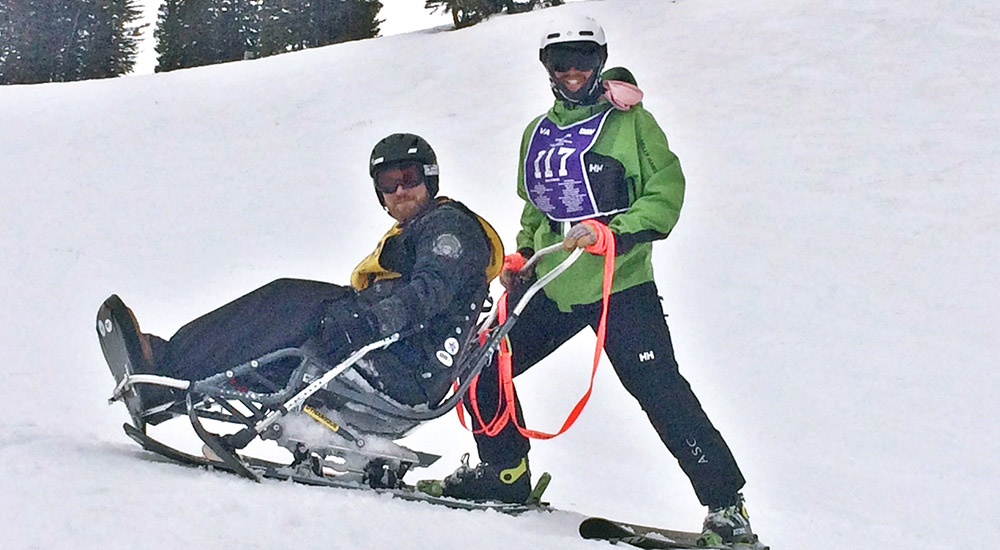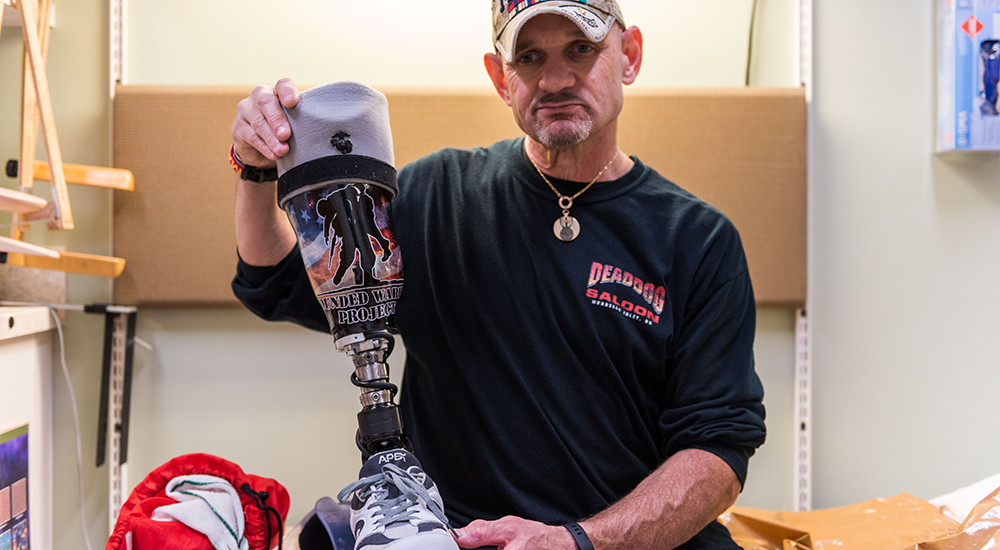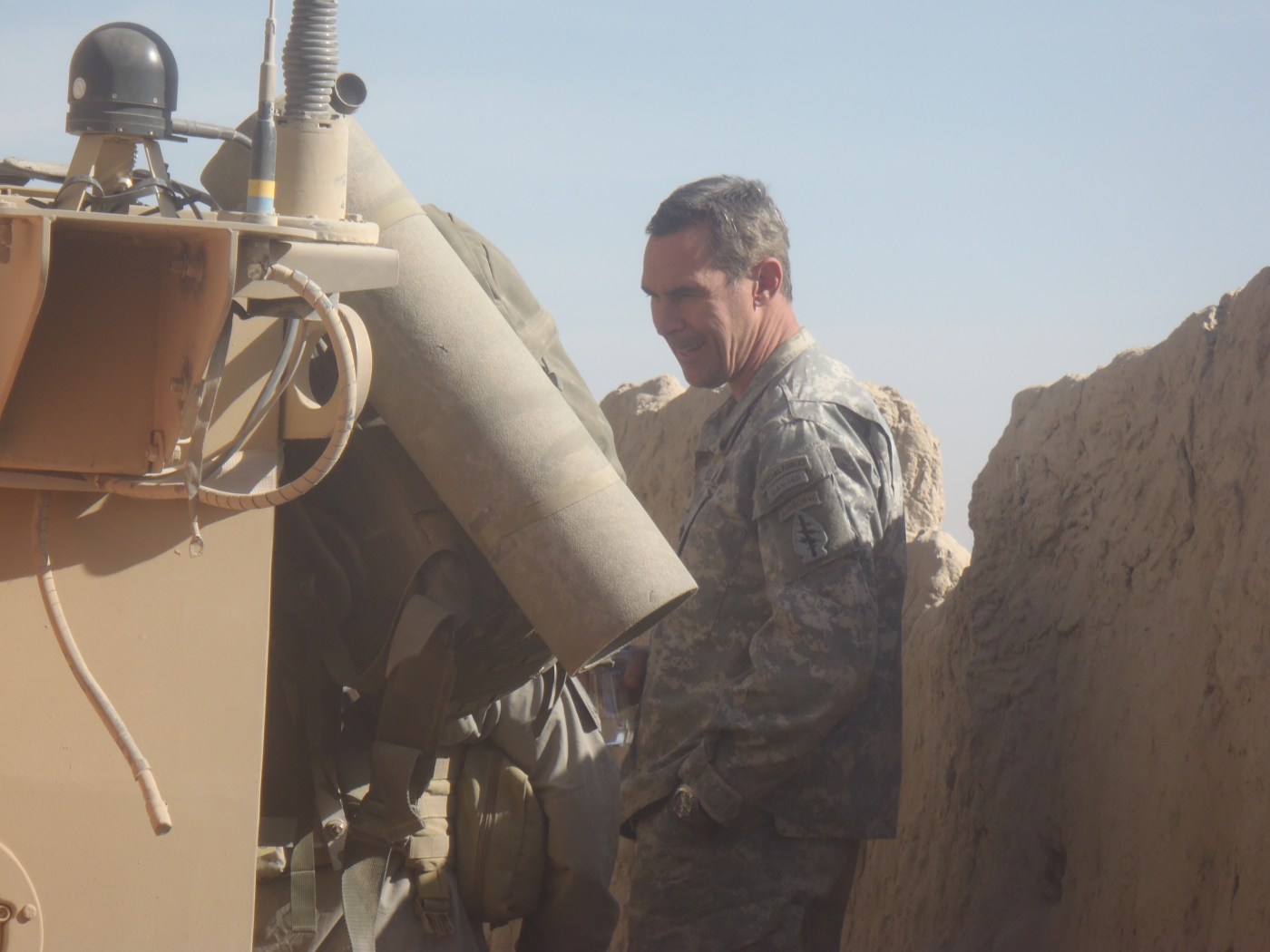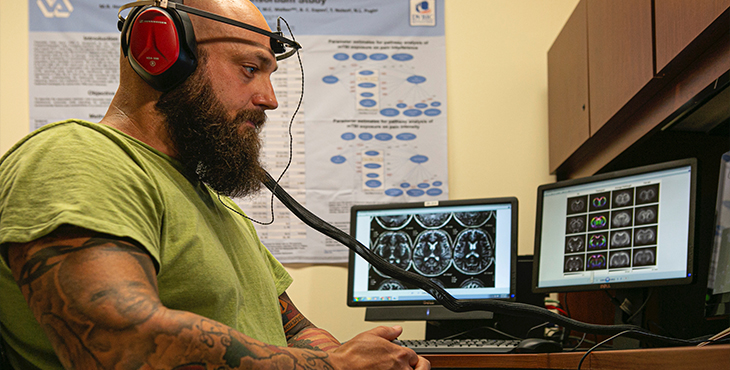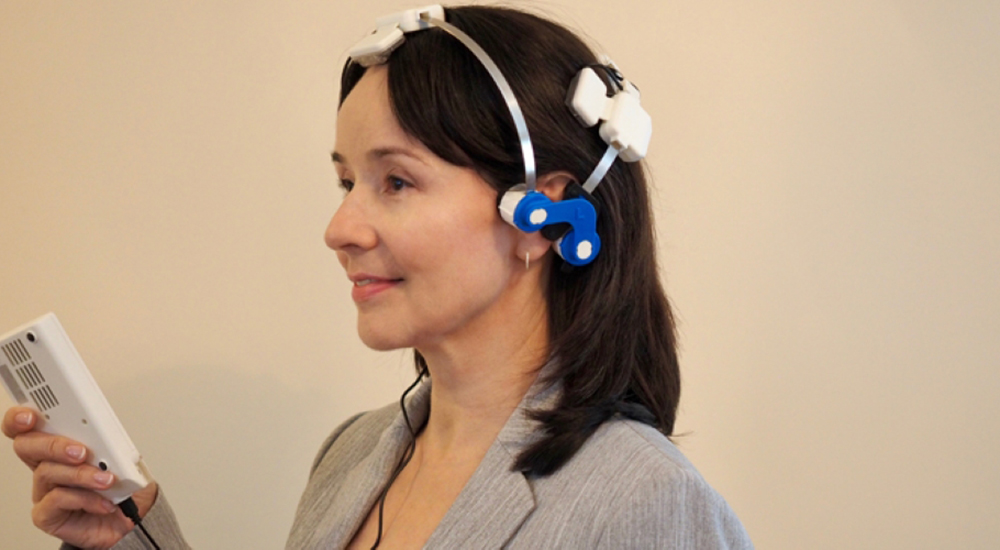When Army Veteran Jason came to VA for help recovering from an IED injury, he didn’t realize he would find a purpose in life.
Researchers found minimal differences in community participation between white and minority service members and Veterans, contrary to results in non-military samples. They suggested that the study results may have been influenced by supportive resources available to service members and Veterans, like employment assistance.
National Guard Veteran Ken knows VA – he was a doctor there prior to his deployment. When he was injured in Iraq, he skipped private health care, and instead chose to trust his care to VA.
Iraq Army Veteran Seth Cole would prefer to be in Aspen for the Winter Clinic but plans to make the most of the virtual version this year from home. Sports are part of his rehabilitation goals.
McGrane has participated in two studies that were aimed at better understanding the impact of traumatic brain injury. He experienced a TBI in a 2005 roadside bombing in Iraq.
During his deployment, Doug Lanphier suffered a traumatic brain injury from a scud missile fragment while on an air base and lost consciousness.
After many foot fractures and infections, a Marine Corps Veteran came to VA for care. Now he’s getting ready for a marathon…with a new prosthetic leg. Because “I keep going. I don’t quit.”
TRACTS, based at the VA Boston Healthcare System, is carrying out one of the most comprehensive VA studies on blast injuries on post-9-11 Veterans.
LIMBIC, funded by VA and Defense, is the world’s largest research cohort of current and former military members that is dedicated to the study of mild traumatic brain injury.
Diagnosed with traumatic brain injury, a Gulf War Veteran was treated with a light-emitting diode (LED) therapy program. The results, in his words, were, “Amazing. I have the energy to go do things.”
Women Veterans are more likely than civilians to experience intimate partner violence (IPV). Dr. Katherine Iverson of VA Boston Healthcare System studies the connection between IPV and TBI.
This VA study found that TBI with and without loss of consciousness are both associated with a heightened risk of developing dementia.




